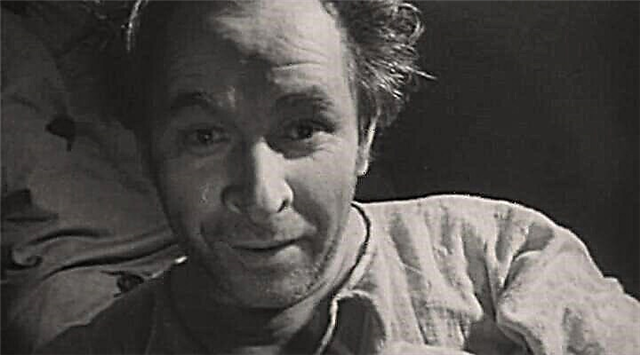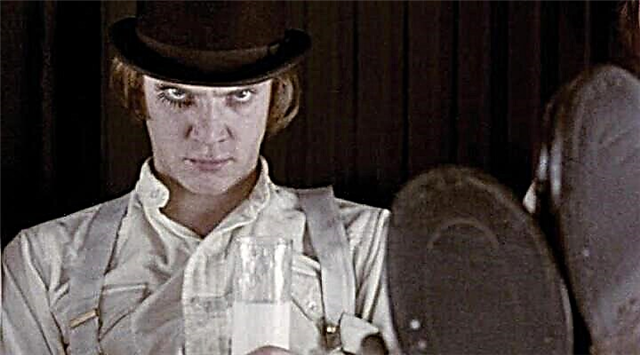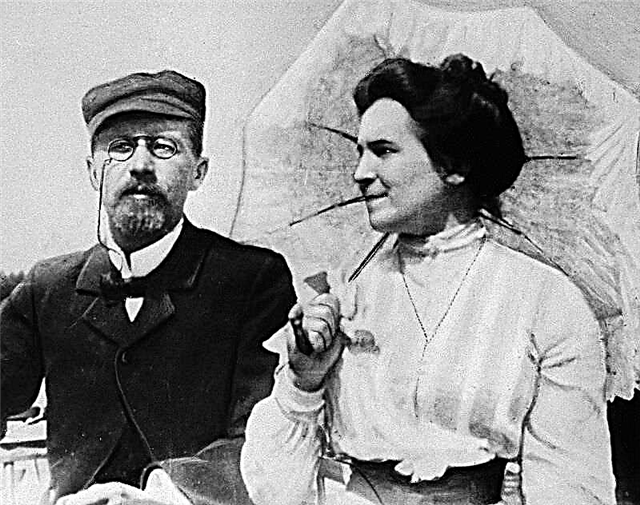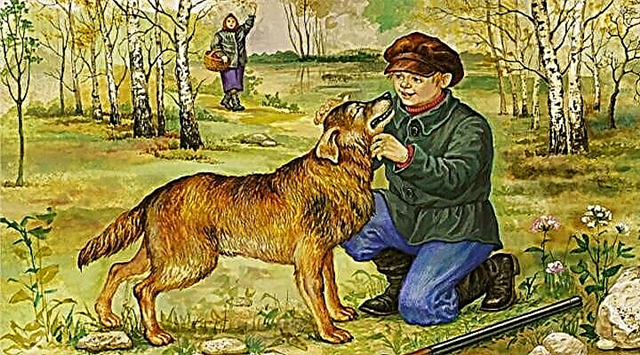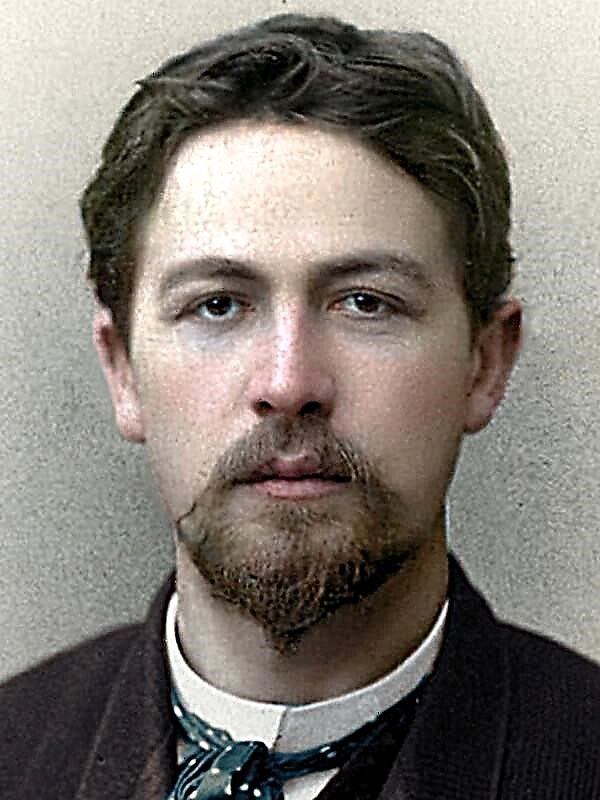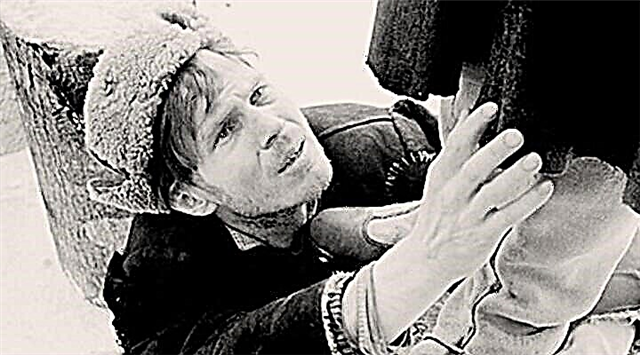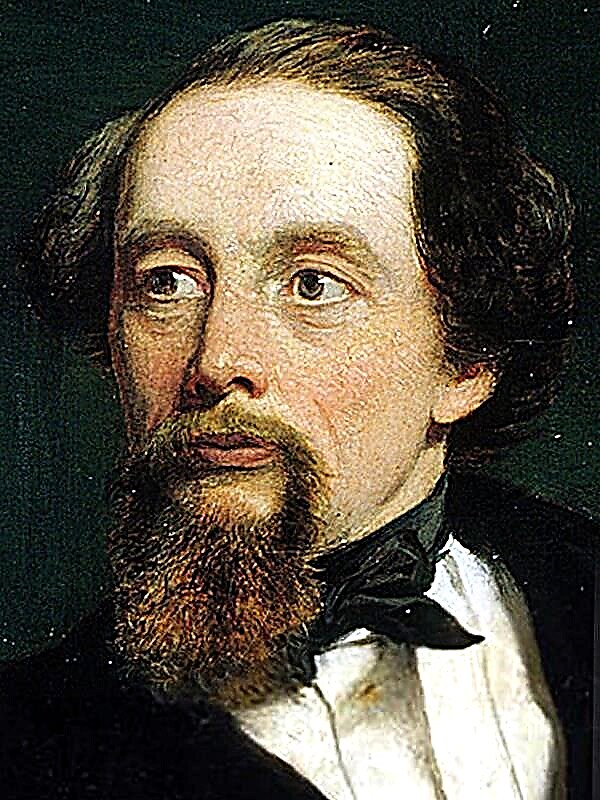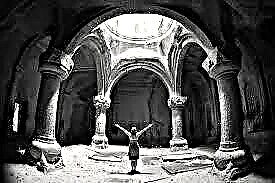Vladimir Tendryakov’s childhood passed in a joyless era of post-revolutionary Russia and Stalinist repressions, all the horror of which remained in his memory a gloomy trace of childhood memories that formed the basis of the story “Bread for a Dog”. Perhaps it was the effect of childhood impressions that helped the author describe so clearly and impartially the events that took place in a small station village, in which the first years of his life passed.
And the same thing happened there as in many other similar villages: dispossessed "prosperous" peasants, exiled to Siberia and not reaching the place of exile, were left to die of starvation in a small birch tree in front of the inhabitants of the village. Adults tried to avoid this terrible place. And the children ... "No horrors could drown out our bestial curiosity," the author writes. "Petrified by fear, squeamishness, exhausted from hidden panic pity, we watched ...". Children watched the death of "curculea" (as they called it "living" in the birch).
To enhance the impression made by the picture, the author resorts to the method of antithesis. Vladimir Tendryakov describes in detail the terrifying scene of the death of a “kurkul”, who “got up to his full height, clasped a smooth strong birch trunk with brittle, radiant hands, pressed his angular cheek to him, opened his mouth, spacious black, dazzlingly toothy, about to scream, <...> a curse, but wheezing flew out, foam bubbled. Peeling the skin on the bony cheek, the "rebel" crawled down the trunk and <...> completely subsided. " In this passage we see a contrast between fragile, radiant hands and a smooth, strong birch trunk. Such a technique leads to an increase in the perception of both individual fragments and the whole picture.
This description is followed by the philosophical question of the station manager, who was obliged to follow the “kurkul” on duty: “What will grow out of such children? Admire the death. What kind of world will live after us? What kind of world? ... ". A similar question sounds like from the author himself, who after many years is amazed at how he, an impressionable boy, did not lose his mind at the sight of such a scene. But then he recalls that he had previously witnessed how hunger forced "tidy" people to go on public humiliation. This somewhat "corrupted" his soul.
Rejuvenated, but not enough to remain indifferent to these starving people, being full. Yes, he knew that it was a shame to be full, and tried not to show it, but still, secretly, he brought out the remnants of his food to the “hens”. This went on for some time, but then the number of beggars began to grow, and the boy could no longer feed more than two people. And then there was a breakdown of the “cure”, as the author himself called it. One day, many hungry gathered at the fence of his house. They stood in the way of the returning boy and began to ask for food. And suddenly ... “My eyes darkened. A strange wild voice burst out of me with a sobbing gallop: “Go away! Go away! Bastards! Bastards! Bloodsuckers! Go away! <...> The rest went out at once, dropping their hands, began to turn their backs to me, crawling without haste, listlessly. And I could not stop and screamed sobbing. "
How emotionally described this episode! With simple, common words in everyday life, in just a few sentences Tendryakov conveys the emotional anguish of the child, his fear and protest, adjacent to the humility and hopelessness of doomed people. It is precisely because of the simplicity and surprisingly accurate choice of words that the pictures about which Vladimir Tendryakov narrates with extraordinary vividness appear in the reader’s imagination.
So this ten-year-old boy was healed, but is it completely? Yes, he would no longer endure a piece of bread standing under his window, dying of starvation "smoke". But was his conscience still calm? He did not sleep at night, he thought: "I am a bad boy, I can not help myself - I pity my enemies!"
And then a dog appears. Here it is the most hungry creature in the village! Volodya clutches at her, as the only way not to go crazy with the horror of the knowledge that he daily "eats" the lives of several people. The boy feeds this unfortunate dog, which does not exist for anyone, but understands that "I did not feed the dog from hunger, I fed pieces of bread, but my conscience."
One could end the story on this relatively joyful note. But no, the author included another episode that reinforces the heavy impression. “That month, the head of the station shot himself, who, on duty, had to walk in a red cap along the station square. He didn’t guess to find for himself an unfortunate little dog to feed every day, tearing bread from himself. ”
So the story ends. But, even after this, the reader has not for a long time left the sensations of horror and moral devastation caused by all the suffering that involuntarily, thanks to the skill of the author, he experienced with the hero. As I have already noted, the author’s ability to convey not only events, but also feelings, is striking in this story.
"Verb burn the hearts of men." Such instruction to the true poet sounds in the poem “Prophet” by A. S. Pushkin. And Vladimir Tendryakov succeeded. He managed not only to colorfully express his childhood memories, but also to awaken compassion and empathy in the hearts of readers.

